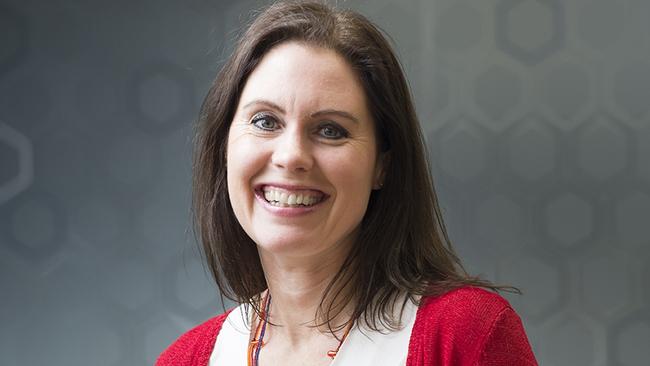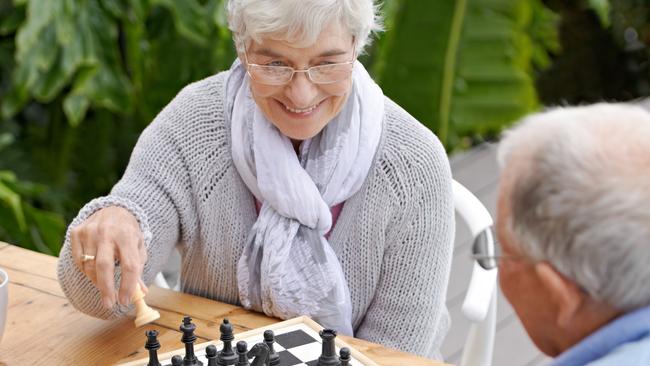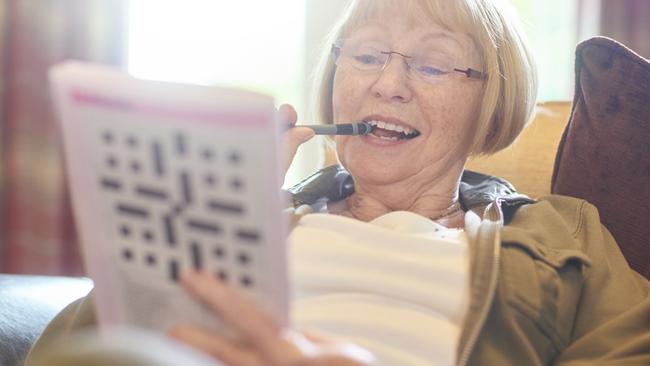Monash University dementia study is adults’ play
A new dementia study out of Monash University has found older Australians who use a computer or play chess are less likely to develop dementia than their friends who knit.

Victoria
Don't miss out on the headlines from Victoria. Followed categories will be added to My News.
Challenging the brain regularly by using a computer, doing crosswords or playing chess may be better at avoiding dementia in older people than some creative past times such as knitting or even socialising with friends.
A new Monash University study that involved more than 10,000 Australians over the age of 70 also found that while not a magic pill, brain teasers appear to support prolonged good cognitive health.
The study reported in the journal in JAMA Network Open that people who read routinely and those who engaged in mental tasks such as education classes or keeping journals were 9 to 11 per cent less likely to develop dementia than their peers.
The authors reported creative hobbies like crafting, knitting and painting, and some more passive activities like reading helped reduce the risk by 7 per cent.
In contrast, the study found, the size of someone’s social network and how often they went out on social outings such as to dinner or the cinema were not associated with dementia risk reduction

Senior author Joanne Ryan, from the School of Public Health and Preventive Medicine, said identifying strategies to prevent or delay dementia was a huge global priority.
Around 400,000 Australians are living with dementia and it is the leading cause of death of women.
“The results are an important public health message as these are activities are something people can do in their own living space,” she says.
“They can also help plan more targeted approaches to reducing dementia risk.”
Associate Professor Ryan says the study is the most robust to date looking at activities in a combination in a large cohort.

It investigated socially and mentally stimulating activities that have been associated with reduced dementia risk in relatively healthy adults aged over 70.
The study found that those who frequently engaged in mental activities that also included playing cards, games and puzzles, were associated with reduced dementia risk over 10 years.
That social outings and interactions were not was the biggest surprise of the study.
“But we don’t want to over-interpret it,” Assoc Prof Ryan told the Herald Sun. “Next we will delve a little bit deeper in terms of social connections to find an explanation for that finding and see if we can start implementing interventions … including crosswords.”
Assoc Prof Ryan says the findings will not only be of benefit to health professionals caring for older Australians, but also individuals.
“Keeping the mind active is crucial to good health,” she said.
“There is no perfect time to start these activities to prevent dementia, it is about constantly challenging yourself across life and also changing activities as well.
“Instead of sticking to the same activities, people should be challenging themselves to do new activities.”
Assoc Prof Ryan said engaging in literacy and mental acuity activities may not be a magic pill to avoid dementia.
“If it is a goal and you had to choose, our research certainly suggests these are the activities most likely to support prolonged good cognitive health,” she said.





